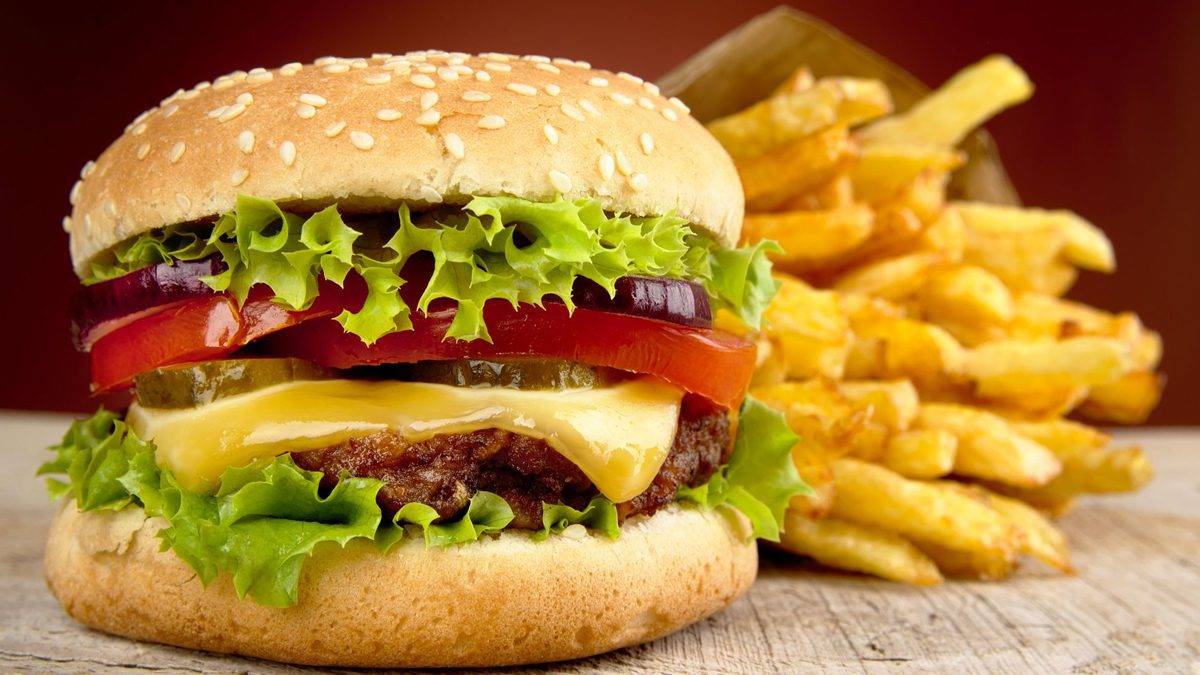Junk Food Has Learned to Fool Humans Into Ever-increasing Consumption
It seems too clever, too diabolic to be true. A recent study shows that foods high in saturated fat — ice cream, cheese, red meat — cause your brain to secrete chemicals that tell the body to ignore biological signals of fullness (like leptin and insulin). The result: you don’t “feel” full, and you keep eating. It’s as if junk food had been shaped by the forces of evolution, learning to fool humans into ever-increasing consumption. And it explains why we seem to have an endless appetite for some foods, like pizza and a pint of Ben and Jerry’s. Even more mind-blowing: the effect lasts three days. So an indulgent meal can make you more likely to keep indulging, undermining any resolution to get back on track with healthier choices. This dirty trick is specific to saturated fats; foods low in saturated fats but high in healthier fats do not show the effect.
Kelly McGonigal, Ph.D., is a health psychologist teaching at Stanford University and specializing in the mind-body connection. Her work focuses on how we can translate neuroscience and modern psychology research into practical strategies for better health, happiness, personal success, and relationships. She is the author of The Willpower Instinct: How Self-Control Works, Why It Matters, and What You Can Do to Get More of It and Yoga for Pain Relief
Editor: Jafar Ali
This study nicely highlights some of the most important influences on willpower. For example, we tend to think that our choices are independent and that choosing to eat dessert or smoke a cigarette tonight has nothing to do with whether we indulge tomorrow. In fact, our behavior is far less variable than we think, and each choice (to resist or give in) strengthens the likelihood of choosing to do the same again. This study illuminates one biological mechanism that may contribute to this phenomenon, at least when it comes to diet.
Most people also have a hard time distinguishing between the promise of reward and actual satisfaction. As this study shows, many foods high in sugar or fats activate areas of the brain that promise satisfaction but do not trigger the biological process of satiety. Other temptations — from reality TV to most addictive drugs — follow a similar pattern, increasing craving but not leading to lasting satisfaction. So we keep chasing the reward, ignoring the fact that in the long run, we aren’t really satisfied and only want more.
Finally, it highlights the potentially discouraging fact that our behavior is influenced by forces we aren’t consciously aware of. Like studies showing that the size and color of your plate influence how much you eat, and the smell of a store influences how much you spend, this study reminds us that we are vulnerable to unconscious processes.
However, awareness is a powerful antidote to all of these challenges. If you know that eating certain foods is going to fool your appetite, you can prepare yourself to make more conscious choices. If you start paying attention to the indulgences that are most satisfying, you can reward yourself with them. And if you know that your choices today are likely to influence your choices tomorrow, you will be less likely to tell yourself, “Today I indulge, tomorrow will be different. “Now, I just have one question for science to tackle: any chance fruits and vegetables are sending some secret signals to my brain and body that make me more likely to get up early and exercise?

